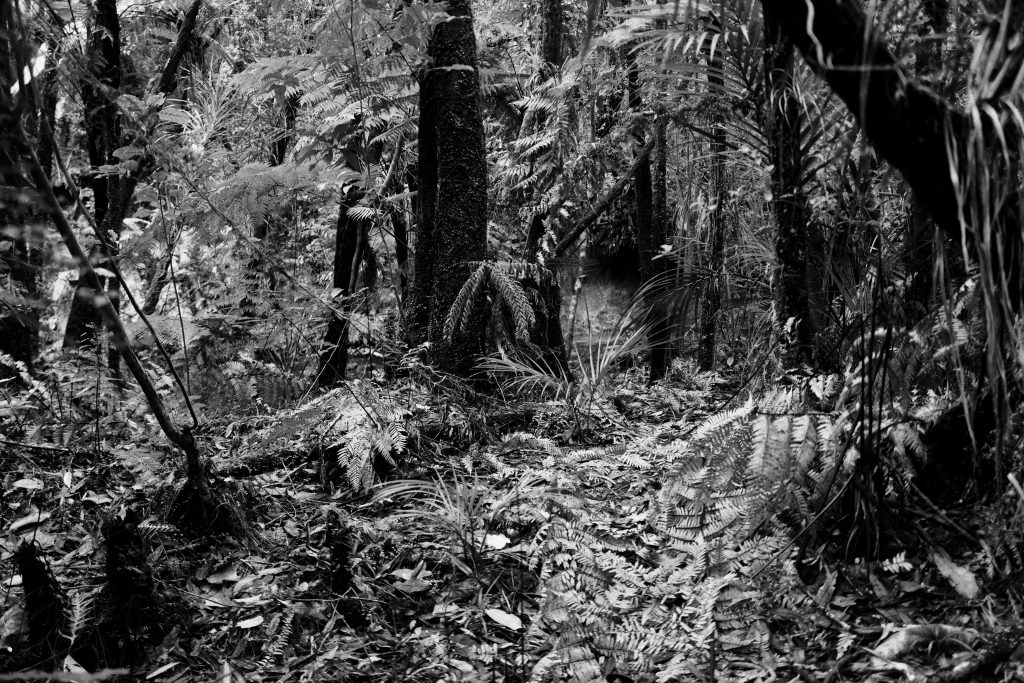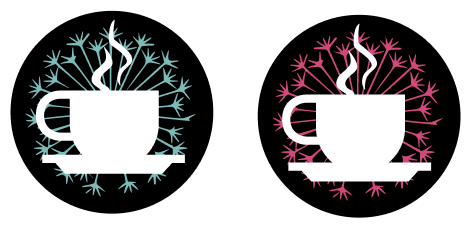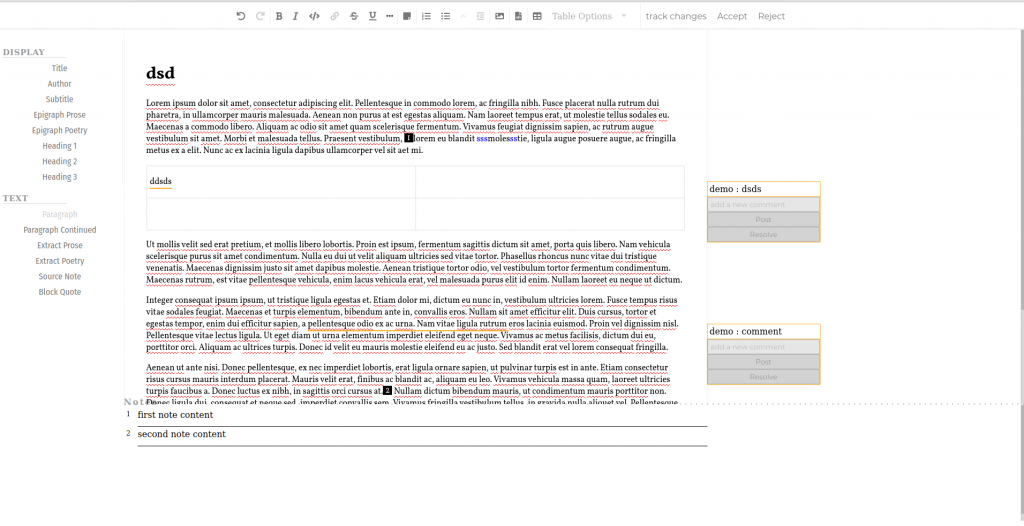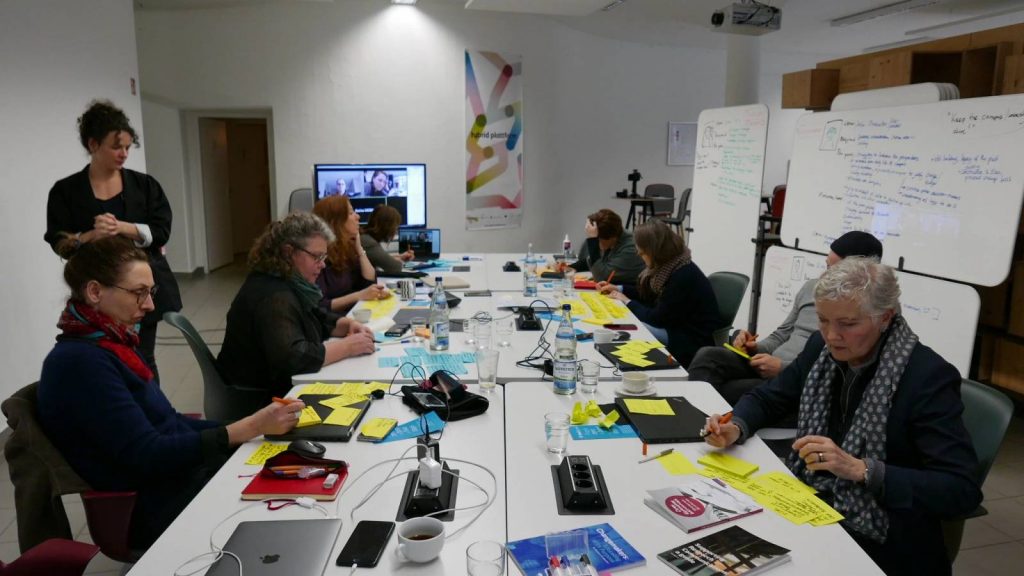Very happy to announce that I’m starting a software development company – Nikau Software Development and Consultancy. Incorporated in Northland, NZ the company will slowly build up a client base organically. The primary activity will be building publishing platforms based on PubSweet. This means over time Coko will become the maintainer of community products – PubSweet, Editoria, Kotahi as well as the Open Publishing brand which includes the Open Publishing Awards and Open Publishing Fest.
Nikau will build new publishing platforms. I hope also Nikau will help contribute to the long term sustainability of Coko.
To help me get this underway I have been working with Rabble (Evan Henshaw-Plath).
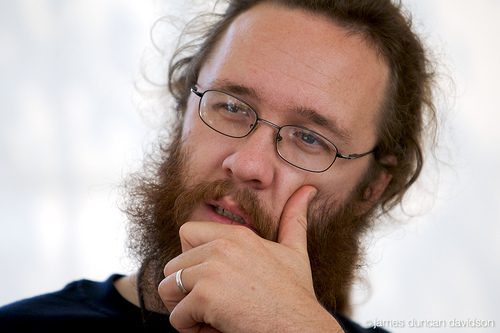
Rabble is on the Coko advisory board also and his blurb reads:
Rabble is a technologist who explores the intersection of product, engineering, and the political systems in which they exist. His passion is in the space of new emerging start-ups and making the world a better place through civic technology projects. Evan is has helped found and grow a vast number of interesting organisations and technologies including indymedia, Crafted Code, Twitter, Neo, Affinity.works, and Planetary.)
In my own words I’d say Rabble is an enlightened serial entrepreneur that understands the social and commercial side of entrepreneurship very well. I feel there is no need to translate my thoughts and ideas when I bounce them past Rabble and the conversations and his insights are very valuable. Rabble has also, importantly, set up his own software dev shop some years ago (Neo) which he sold to Pivotal in San Francisco some years ago. That, plus being an activist and first employee of twitter makes him a very good person to work with as he has a lot of experience and very valuable networks.
Anyways… more to come on this. It will take some time to get it all moving but for now it doesn’t effect things too much….but stay tuned!…

